Discover the leading banking institutions in India with our detailed guide. Explore key features, services, digital innovations, and global presence of State Bank of India, HDFC Bank, ICICI Bank, and more. Learn about their impact on India’s financial sector and why they rank among the top choices for millions of customers nationwide.
India’s banking sector is robust and diverse, comprising a mix of public sector banks, private banks, and foreign banks. These institutions play a pivotal role in the country’s economic growth by providing financial services ranging from basic savings accounts to complex corporate financing. Here’s an overview of the top 10 Banking Institutions in India based on their size, reach, customer base, and financial performance:
Table of Contents
1. State Bank of India (SBI)
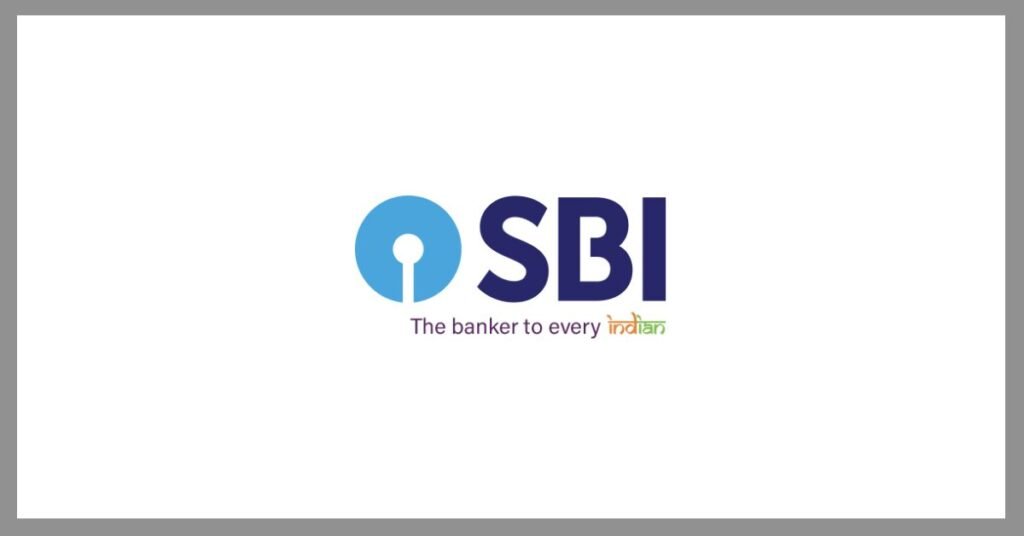
| Aspect | Details |
|---|---|
| Overview | Largest public sector bank in India. |
| Established | 1955 |
| Headquarters | Mumbai, Maharashtra |
| Branches | Over 22,000 branches |
| ATMs | 58,000+ ATMs |
| Services | Savings accounts, current accounts, loans (personal, home, business), investment banking, wealth management, insurance. |
| Digital Initiatives | SBI YONO app, internet banking, mobile banking. |
| Global Presence | International branches for NRI banking and trade finance. |
| Key Competitors | HDFC Bank, ICICI Bank, Axis Bank |
| Recent Developments | Merger with associate banks (2017), focus on digital transformation. |
Also Read :Top 10 Remote Work Startups in india
State Bank of India (SBI) is the largest public sector bank in India, offering a wide range of financial products and services to individuals, businesses, and government entities. It holds a significant market share in various banking segments, including retail banking, corporate banking, and rural banking.
Key Highlights:
- Branch Network: Extensive network with over 22,000 branches and 58,000 ATMs across India.
- Financial Services: Offers services such as savings accounts, loans, investment banking, wealth management, and insurance.
- Digital Transformation: Emphasis on digital banking solutions, mobile banking apps, and online services for customer convenience.
- Global Presence: International branches and subsidiaries catering to NRI banking and international trade finance.
2. HDFC Bank
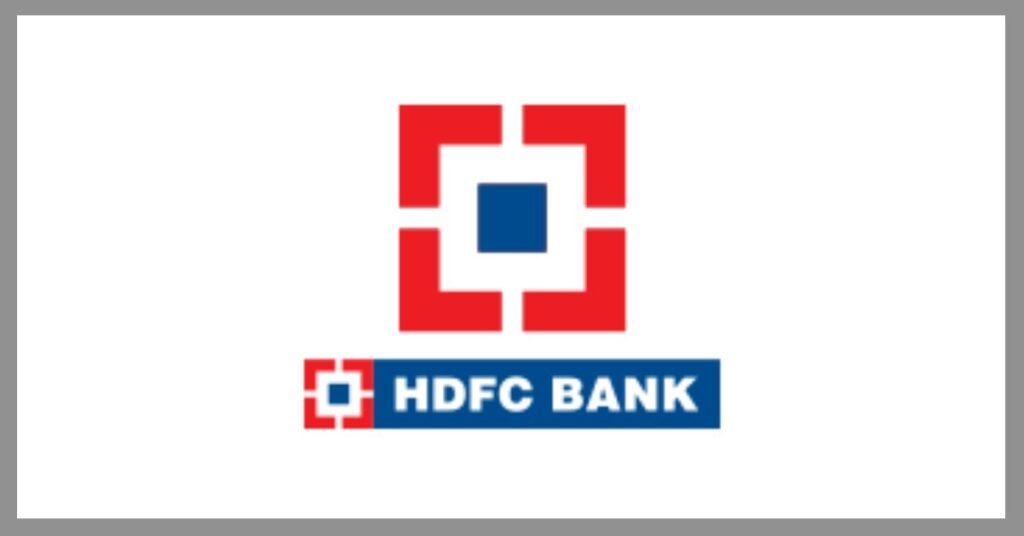
| Aspect | Details |
|---|---|
| Overview | Leading private sector bank in India. |
| Established | 1994 |
| Headquarters | Mumbai, Maharashtra |
| Branches | 5,608 branches |
| ATMs | 16,087 ATMs |
| Services | Savings accounts, current accounts, loans (personal, business), credit cards, wealth management, insurance. |
| Digital Initiatives | HDFC Mobile Banking app, online banking platforms. |
| Corporate Banking | Corporate finance, trade finance, treasury services, investment banking solutions. |
| Key Competitors | ICICI Bank, State Bank of India, Axis Bank |
| Recent Developments | Expansion of digital services, partnerships with fintech companies. |
Also Read :Top 10 Legal Services Startups in india
HDFC Bank is one of India’s leading private sector banks known for its strong customer focus and efficient service delivery. It caters to a diverse customer base ranging from retail customers to large corporations, offering a comprehensive suite of banking products.
Key Highlights:
- Product Range: Includes savings accounts, current accounts, loans, credit cards, wealth management, and insurance products.
- Innovative Services: Pioneered digital banking with robust online and mobile banking platforms (HDFC Mobile Banking).
- Corporate Banking: Specializes in corporate finance, treasury services, and investment banking solutions.
- Global Recognition: Awards for excellence in banking services and customer satisfaction.
3. ICICI Bank

| Aspect | Details |
|---|---|
| Overview | Second-largest private sector bank in India. |
| Established | 1994 |
| Headquarters | Mumbai, Maharashtra |
| Branches | 5,324 branches |
| ATMs | 15,688 ATMs |
| Services | Savings accounts, loans (personal, home, auto), credit cards, investment products, insurance. |
| Digital Initiatives | ICICI Mobile Banking, internet banking, digital wallet solutions. |
| International Presence | Presence in multiple countries for global banking needs. |
| Key Competitors | HDFC Bank, Axis Bank, State Bank of India |
| Recent Developments | Focus on digital banking enhancements, expansion in international markets. |
Also Read :Top 10 Cyber Defense Startups in india
ICICI Bank is one of India’s largest private sector banks, offering a broad spectrum of financial services to retail and corporate customers. It is known for its innovative banking solutions and extensive branch network both in India and abroad.
Key Highlights:
- Digital Initiatives: Leading in digital banking services with ICICI Mobile Banking, internet banking, and digital wallet solutions.
- International Presence: Operations in several countries, catering to global banking needs of customers.
- Retail Banking: Offers savings accounts, personal loans, home loans, and investment products.
- Corporate Banking: Provides comprehensive financial solutions including corporate loans, trade finance, and treasury services.
4. Punjab National Bank (PNB)
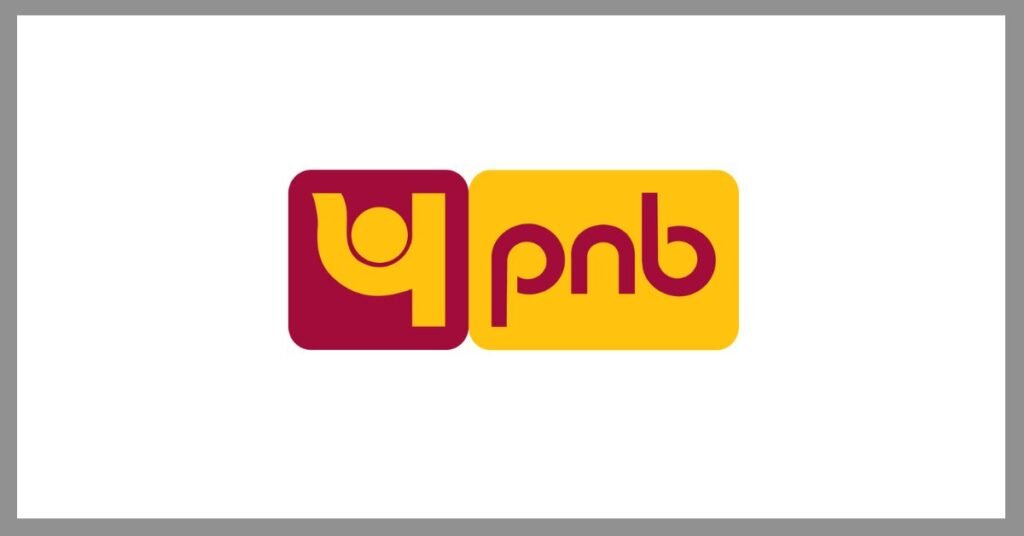
| Aspect | Details |
|---|---|
| Overview | Leading public sector bank in northern and western India. |
| Established | 1894 |
| Headquarters | New Delhi, Delhi |
| Branches | 7,000+ branches |
| ATMs | 10,681 ATMs |
| Services | Savings accounts, fixed deposits, loans (personal, business), agricultural banking. |
| Digital Initiatives | Digital transformation initiatives for customer convenience. |
| Government Banking | Handles government accounts, treasury operations. |
| Key Competitors | State Bank of India, Bank of Baroda, Canara Bank |
| Recent Developments | Merger with Oriental Bank of Commerce and United Bank of India (2020). |
Also Read :Top 10 Mobility as a Service (MaaS) Startups in india
Punjab National Bank (PNB) is a prominent public sector bank in India with a strong presence in northern and western regions. It provides a wide range of banking services to individuals, SMEs, and large corporations.
Key Highlights:
- Legacy: One of the oldest banks in India with a rich heritage and deep-rooted customer trust.
- Product Range: Includes savings accounts, fixed deposits, loans, agricultural banking, and digital banking services.
- Financial Inclusion: Initiatives for rural and semi-urban areas, supporting agriculture and MSME sectors.
- Government Banking: Handles government accounts, treasury operations, and public sector financing.
5. Axis Bank
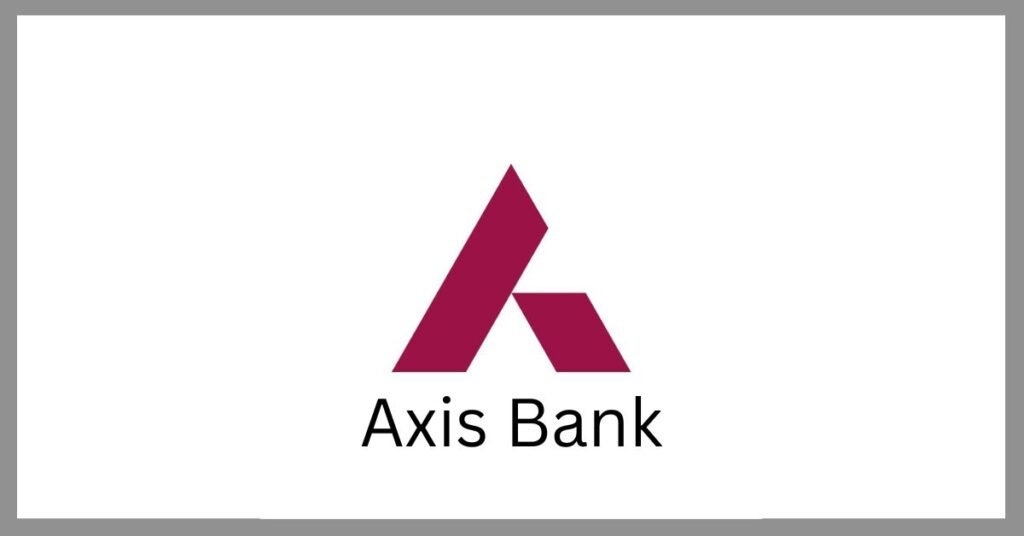
| Aspect | Details |
|---|---|
| Overview | Private sector bank known for innovative banking solutions. |
| Established | 1993 |
| Headquarters | Mumbai, Maharashtra |
| Branches | 4,594 branches |
| ATMs | 12,482 ATMs |
| Services | Savings accounts, loans (personal, business), credit cards, corporate banking solutions. |
| Digital Initiatives | Axis Mobile Banking app, internet banking, online payment solutions. |
| Global Presence | Operations in international financial centers. |
| Key Competitors | HDFC Bank, ICICI Bank, State Bank of India |
| Recent Developments | Strategic partnerships in fintech, expansion of digital services. |
Also Read :Top 10 SpaceTech Startups in india
Axis Bank is a private sector bank known for its customer-centric approach and innovative banking solutions. It offers a wide range of financial products and services to individuals, businesses, and corporates.
Key Highlights:
- Technology Integration: Emphasis on digital banking platforms, internet banking, and Axis Mobile app for seamless transactions.
- Corporate Banking: Provides corporate finance, trade finance, treasury solutions, and capital market services.
- Retail Banking: Offers savings accounts, loans, credit cards, wealth management, and insurance products.
- Global Operations: Presence in key international financial centers, catering to NRI banking needs.
6. Bank of Baroda (BoB)
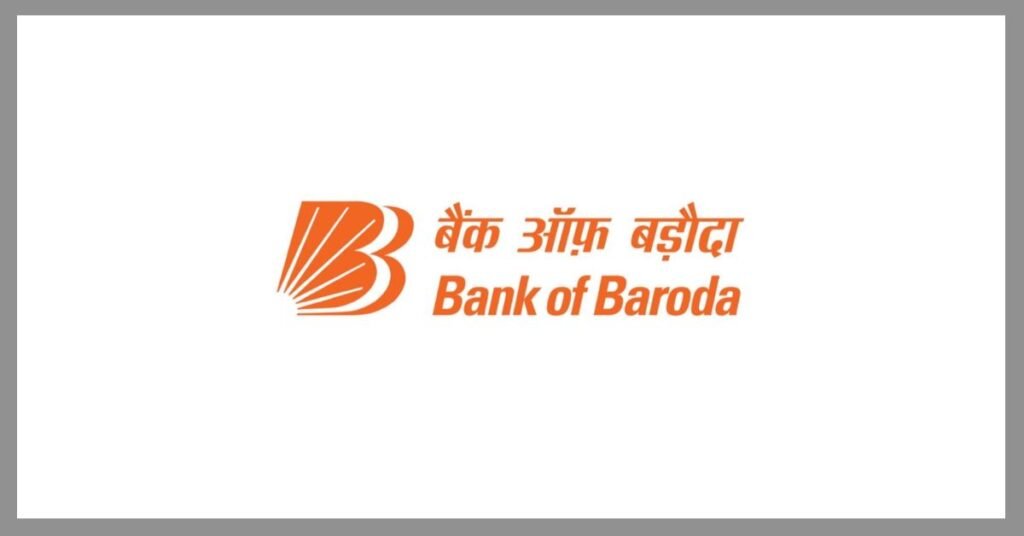
| Aspect | Details |
|---|---|
| Overview | Public sector bank with global operations. |
| Established | 1908 |
| Headquarters | Vadodara, Gujarat |
| Branches | 8,200 branches |
| ATMs | 10,500 ATMs |
| Services | Retail banking, corporate banking, SME banking, treasury and investment services. |
| Digital Initiatives | Digital banking platforms, mobile banking apps. |
| International Presence | Branches, subsidiaries in over 20 countries. |
| Key Competitors | State Bank of India, Punjab National Bank, ICICI Bank |
| Recent Developments | Integration with Dena Bank and Vijaya Bank (2019). |
Also Read :Top 10 GreenTech Startups in inida
Bank of Baroda (BoB) is a leading public sector bank with a global presence, offering a comprehensive range of banking services to retail and corporate customers. It has a significant market share in various banking segments.
Key Highlights:
- International Footprint: Presence in over 20 countries with branches, subsidiaries, and representative offices.
- Product Portfolio: Includes retail banking, corporate banking, SME banking, and treasury services.
- Digital Transformation: Enhancing customer experience through digital banking initiatives and mobile banking solutions.
- Financial Inclusion: Initiatives for rural development, financial literacy programs, and inclusive banking services.
7. Kotak Mahindra Bank
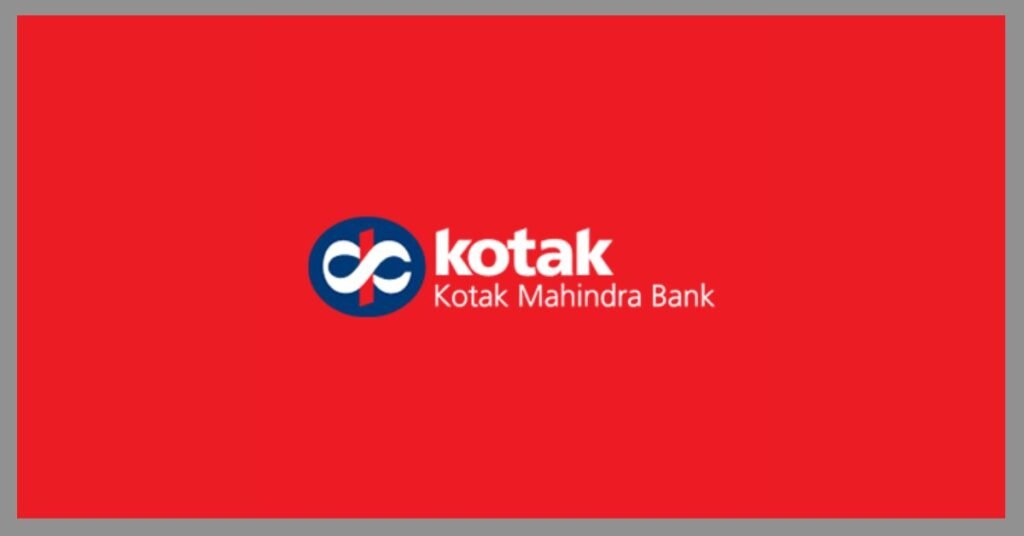
| Aspect | Details |
|---|---|
| Overview | Fast-growing private sector bank with focus on innovation. |
| Established | 2003 |
| Headquarters | Mumbai, Maharashtra |
| Branches | 1,603 branches |
| ATMs | 2,573 ATMs |
| Services | Savings accounts, personal loans, home loans, investment products, insurance solutions. |
| Digital Initiatives | Investments in digital banking platforms, mobile banking apps. |
| Corporate Banking | Corporate finance, trade finance, treasury services. |
| Key Competitors | HDFC Bank, ICICI Bank, Axis Bank |
| Recent Developments | Launch of 811 digital banking platform, expansion in fintech collaborations. |
Also Read :Top 10 Waste Management Startups in india
Kotak Mahindra Bank is one of India’s fastest-growing private sector banks known for its innovation, customer-centric approach, and strong financial performance. It offers a wide range of financial products and services across various segments.
Key Highlights:
- Retail Banking: Includes savings accounts, personal loans, home loans, and investment products.
- Corporate Banking: Provides specialized services such as corporate finance, trade finance, and treasury solutions.
- Digital Initiatives: Investments in digital banking platforms, mobile banking apps, and online payment solutions.
- Industry Recognition: Awards for innovation in banking, customer service excellence, and corporate governance.
8. Canara Bank
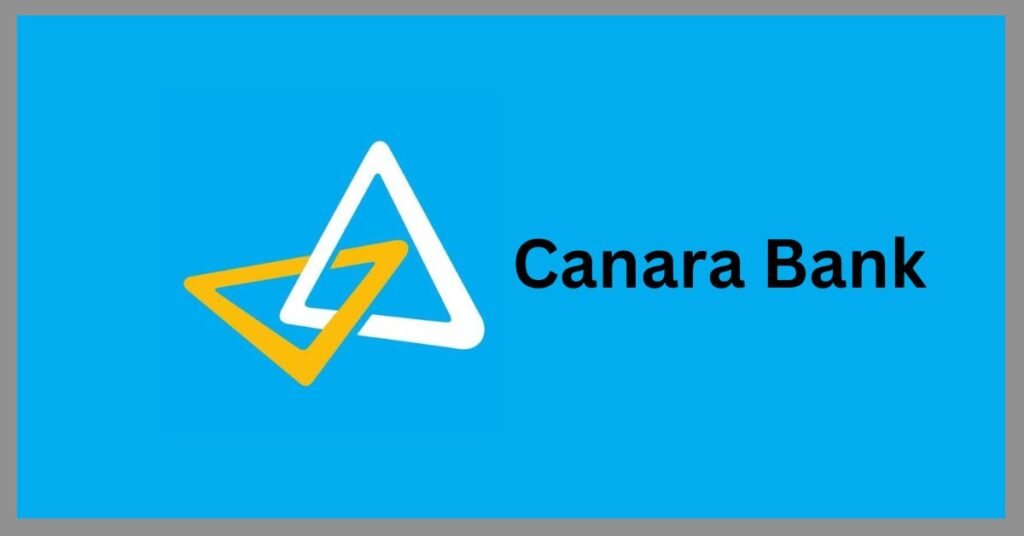
| Aspect | Details |
|---|---|
| Overview | Leading public sector bank with strong presence in southern India. |
| Established | 1906 |
| Headquarters | Bengaluru, Karnataka |
| Branches | 10,000+ branches |
| ATMs | 13,500+ ATMs |
| Services | Savings accounts, current accounts, loans (personal, business), credit cards, insurance. |
| Digital Initiatives | Digital banking initiatives, online banking platforms. |
| Government Banking | Handles government accounts, treasury operations. |
| Key Competitors | State Bank of India, Bank of Baroda, Punjab National Bank |
| Recent Developments | Focus on digital transformation, customer-centric services. |
Also Read :Top 10 WaterTech Startups in india
Canara Bank is a leading public sector bank with a significant presence in southern India and across the country. It offers a wide range of banking services to retail and corporate customers, including digital banking solutions.
Key Highlights:
- Product Range: Savings accounts, current accounts, loans, credit cards, insurance, and investment products.
- Government Banking: Handles government accounts, treasury operations, and public sector financing.
- Financial Inclusion: Initiatives for rural development, financial literacy programs, and inclusive banking services.
- Corporate Banking: Provides corporate finance, trade finance, and treasury services to businesses and corporates.
9. Union Bank of India
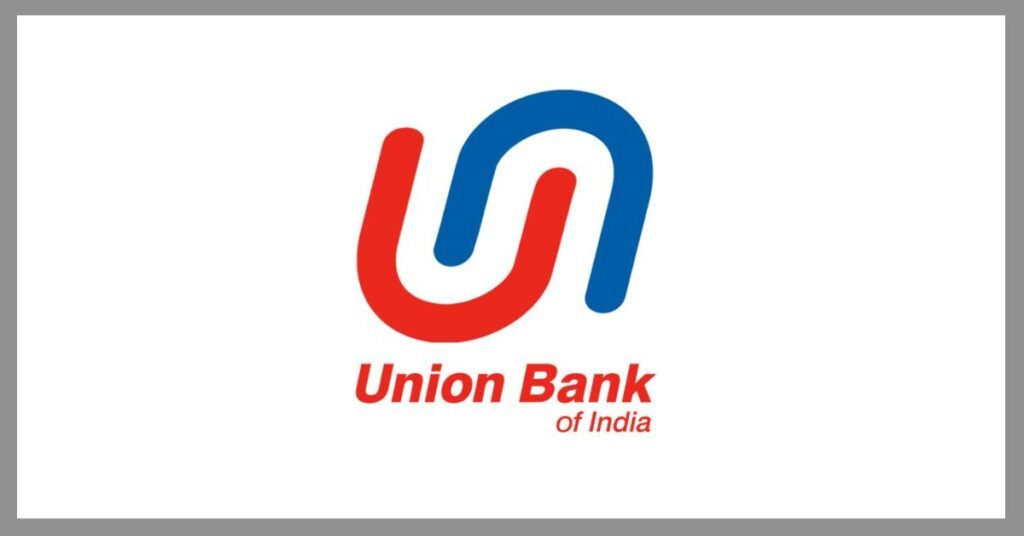
| Aspect | Details |
|---|---|
| Overview | Prominent public sector bank serving western and northern regions of India. |
| Established | 1919 |
| Headquarters | Mumbai, Maharashtra |
| Branches | 9,500 branches |
| ATMs | 13,000+ ATMs |
| Services | Savings accounts, loans (personal, business), credit cards, investment products, insurance. |
| Digital Initiatives | Union Bank Digital App, internet banking, online payment solutions. |
| Corporate Banking | Corporate finance, trade finance, treasury services. |
| Key Competitors | State Bank of India, HDFC Bank, ICICI Bank |
| Recent Developments | Merger with Andhra Bank and Corporation Bank (2019). |
Also Read :Top 10 Renewable Energy Startups in india
Union Bank of India is a prominent public sector bank with a strong presence in western and northern regions of India. It offers a wide range of banking products and services to individual customers, MSMEs, and large corporates.
Key Highlights:
- Digital Transformation: Investments in digital banking platforms, mobile banking apps, and internet banking services.
- Product Portfolio: Includes savings accounts, loans, credit cards, investment products, and insurance solutions.
- Corporate Banking: Provides corporate finance, trade finance, treasury services, and capital market solutions.
- Financial Inclusion: Initiatives for rural and semi-urban areas, supporting agriculture and MSME sectors.
10. Bank of India (BOI)
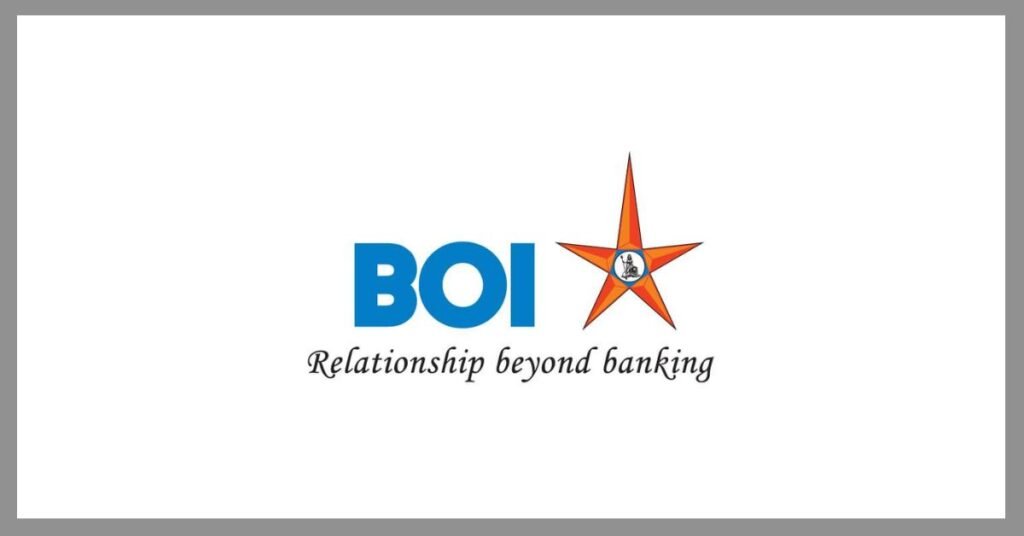
| Aspect | Details |
|---|---|
| Overview | Public sector bank with national and global operations. |
| Established | 1906 |
| Headquarters | Mumbai, Maharashtra |
| Branches | 5,000+ branches |
| ATMs | 6,000+ ATMs |
| Services | Savings accounts, fixed deposits, personal loans, home loans, digital banking services. |
| Corporate Banking | Corporate finance, trade finance, treasury services. |
| International Footprint | Branches, subsidiaries in key international markets. |
| Key Competitors | State Bank of India, HDFC Bank, ICICI Bank |
| Recent Developments | Focus on digital initiatives, customer service enhancements. |
Also Read :Top 10 BioTech Startups in india
Bank of India (BOI) is a leading public sector bank with a strong national presence and global operations. It offers a wide range of banking services including retail banking, corporate banking, and international banking.
Key Highlights:
- International Presence: Operations in key international markets with branches, subsidiaries, and representative offices.
- Retail Banking: Savings accounts, fixed deposits, personal loans, home loans, and digital banking services.
- Corporate Banking: Offers corporate finance, trade finance, treasury services, and capital market solutions.
- Financial Inclusion: Initiatives for rural development, financial literacy programs, and inclusive banking services.
These top 10 banking institutions in India exemplify the diverse offerings and extensive reach of the country’s banking sector, contributing significantly to its economic development and financial inclusion goals.
FAQs on Top 10 Banking Institutions in India :
How many non-banking institutions are there in India?
- There are numerous non-banking financial institutions (NBFCs) in India, numbering in the thousands. These include companies engaged in financial activities like loans, investments, insurance, leasing, hire purchase, etc., but they are not licensed to operate as full-fledged banks.
Which are banking institutions?
- Banking institutions include commercial banks (public sector banks, private sector banks, foreign banks), cooperative banks, regional rural banks (RRBs), and small finance banks.
Which are the 14 nationalised banks?
- The 14 nationalised banks in India are:
- Bank of India
- Punjab National Bank
- Bank of Baroda
- Canara Bank
- Union Bank of India
- Indian Bank
- Central Bank of India
- Indian Overseas Bank
- UCO Bank
- Bank of Maharashtra
- Punjab & Sind Bank
- State Bank of India
- IDBI Bank
- Andhra Bank (merged with Union Bank of India)
Which is the No 1 bank in India?
- State Bank of India (SBI) is considered the largest bank in India by assets, branches, and customer base.
How many types of banking are there in India?
- There are several types of banking in India, including retail banking, corporate banking, investment banking, private banking, and cooperative banking.
What are the four non-scheduled banks in India?
- Non-scheduled banks in India are those banks which are not included in the Second Schedule of the Reserve Bank of India Act, 1934. The specific names of these banks may vary, but generally, they are smaller banks with limited operations compared to scheduled banks.
What are the 4 types of financial institutions?
- The four types of financial institutions are banks, non-banking financial companies (NBFCs), insurance companies, and mutual funds.
What is the difference between banks and banking institutions?
- Banks are specific financial institutions that are licensed to accept deposits, offer loans, and provide various financial services to the public. Banking institutions, on the other hand, can refer to a broader category that includes banks along with other entities like NBFCs, cooperative banks, etc.
Is RBI a banking institution?
- The Reserve Bank of India (RBI) is the central bank of India and regulates the banking sector. While it is not a commercial bank, it oversees and regulates banking activities in the country.
Which is the newest bank in India?
- The newest banks in India are typically small finance banks and payment banks that have been licensed by the Reserve Bank of India (RBI) in recent years.
Which was the first bank of India?
- The Bank of Hindustan, established in 1770, is considered the first bank in India. However, it did not survive for long. The oldest bank that is still functioning in India is the State Bank of India (SBI), founded as the Bank of Calcutta in 1806.
Is HDFC bank nationalised or not?
- HDFC Bank is not nationalized. It is a private sector bank established in 1994 and operates under private ownership.
Also Read :
Last Updated on: Monday, July 8, 2024 12:15 pm by Republic Business Team | Published by: Republic Business Team on Saturday, June 29, 2024 1:09 pm | News Categories: Trending